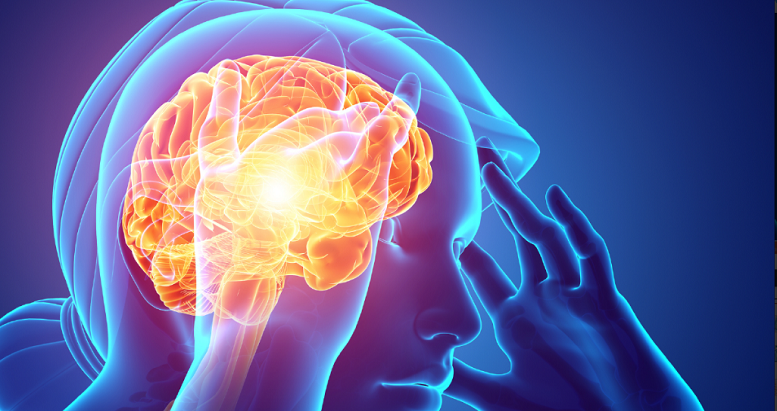Individuals with multiple sclerosis typically begin to experience early signs and symptoms of the disease between 20-40 years of age. The symptoms may improve but usually recur. Some symptoms appear and then go away whereas others can be more stubborn.
MS presents itself with varying symptoms in every patient. Some patients may exhibit only one symptom for months or years on end without any additional ones; others may experience a host of symptoms that gradually worsen over the course of weeks or months. Being aware of your symptoms can ultimately help your doctor in overseeing your condition and assessing the efficacy of your treatment plan.
Here are some of the early signs and most common symptoms associated with multiple sclerosis.
Fatigue
Around 80% of MS patients suffer from fatigue. While fatigue can be a result of many things, the type of lethargy MS patients experience is a feeling of extreme tiredness that deteriorates as the day goes on. This severe MS fatigue is sometimes referred to as MS lassitude.
Feeling numb
Feeling numbness in certain areas of the body can often be the first sign of multiple sclerosis that prompts an individual to see a doctor. This loss of sensation can develop in the face, arms, legs, impacting one’s ability to carry out simple daily tasks.
A tingling sensation
This tingling sensation is accompanied by the numbness felt in various parts of the body. Not unlike the other primary MS symptoms, this tingling is caused by the impaired nerves transmitting bungled messages to various sections of the body.
Vision issues
Vision issues such as blurry vision or double vision are also some of the most typical early signs of multiple sclerosis that compel an individual to seek medical attention. The primary cause of these symptoms is known as optic neuritis, which causes the optic nerves to become inflamed.
Loss of balance
Another prominent sign of multiple sclerosis is a loss of coordination and balance, which is again brought on by damaged nerves. Individuals with MS typically experience weakness in the limbs, leading to uncoordinated movements, and have difficulty holding onto objects even if they are not heavy.
Muscle spasms
Usually accompanied by weakness or pain, MS can also cause muscle stiffness and involuntary muscle spasms, typically in the lower limbs. In some severe cases, these contractions can even lead to physical deformities.
Painful sensations
Due to damaged and inflamed nerves associated with MS, most individuals with MS undergo serious pain as well. Most patients experience pain in the hands, legs, feet, and even their face.
Depression
Many people with MS also suffer from depression. Immune system irregularities and neurological hormone imbalances can be the cause of this symptom, but living with a chronic, potentially debilitating condition like MS can also result in mood disorders such as depression and anxiety.
Featured Image: Twitter


